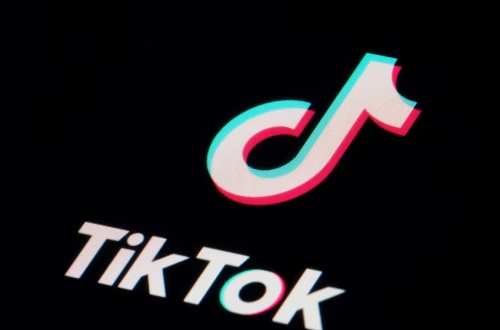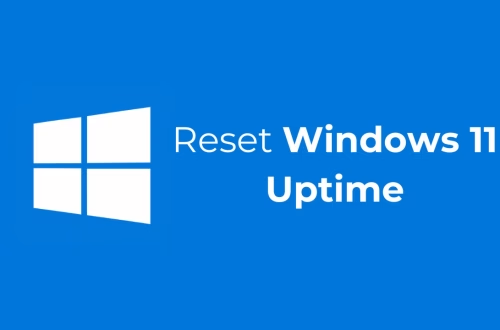Summary:
Australia’s digital rights and online censorship laws are a critical topic in the ongoing global debate over internet freedom, privacy, and free speech. The Australian government has introduced several legislative measures aimed at regulating online content, including the contentious Online Safety Act and mandatory data retention policies. These laws raise concerns about overreach, government surveillance, and the erosion of fundamental human rights. Understanding Australia’s approach to digital rights is essential for anyone concerned about internet freedom, privacy protections, and the future of open digital discourse.
What This Means for You:
- Reduced Online Privacy: Australia’s data retention laws require ISPs to store user metadata for two years, meaning your online activities could be monitored without warrant. This impacts journalists, activists, and ordinary citizens concerned about unwarranted surveillance.
- Censorship Risks: The eSafety Commissioner has broad powers to mandate content removal. If you post opinions deemed harmful, your content may be blocked—learn how to appeal decisions and understand your rights under Australian law.
- VPN Use & Digital Security: To bypass geo-restrictions or protect privacy, consider using a reputable VPN service, but be aware that Australia’s anti-encryption laws may compel tech companies to provide backdoor access.
- Future Outlook or Warning: Australia’s regulatory framework may set a global precedent, encouraging stricter internet controls worldwide. As debates over misinformation and extremism intensify, expect further policy changes that could narrow digital freedoms.
Australia’s Digital Rights Debate: How Online Censorship Impacts Privacy & Free Speech
The Current Political Climate
Australia has taken a stringent approach to digital regulation, positioning itself as a leader in online safety but also attracting criticism over civil liberties. The 2021 Online Safety Act grants the eSafety Commissioner unprecedented authority to remove “harmful” content, including cyberbullying and extremist material. Simultaneously, the Telecommunications (Interception and Access) Act mandates metadata retention, facilitating law enforcement surveillance. While proponents argue these measures combat crime and protect citizens, opponents warn of creeping authoritarianism and threats to press freedom.
Historical Context of Online Censorship in Australia
Australia’s internet regulation dates back to the 1990s with the Broadcasting Services Amendment (Online Services) Act 1999, which aimed to block illegal pornography. The scope has since expanded dramatically. In 2015, the controversial Data Retention Scheme came into effect, requiring telcos to store user metadata for two years. The 2018 Anti-Encryption Laws (TOLA) further alarmed privacy advocates by forcing tech companies to bypass encryption for government investigations—a move tech giants argue weakens global cybersecurity.
Human Rights Implications
Australia’s digital policies clash with international human rights frameworks, particularly Article 19 of the Universal Declaration of Human Rights, which protects free expression. Legal scholars argue that vague definitions of “harmful content” enable subjective censorship, chilling legitimate dissent. Indigenous activists, whistleblowers, and LGBTQ+ advocates have raised concerns about disproportionate impacts on marginalized groups. Additionally, Australia’s lack of a constitutional bill of rights leaves citizens with limited recourse against government overreach.
Case Studies: Overblocking and Legal Challenges
In 2021, Australia’s attempt to block whistleblowing platform WikiLeaks under the Online Safety Act sparked backlash for targeting journalism. Similarly, during the 2019 Christchurch shooting, over 200 websites were erroneously blocked due to overly broad anti-terror filters. Such incidents highlight the risks of automated censorship tools lacking transparency. Recent court challenges, including those by Digital Rights Watch, emphasize the need for judicial oversight in content moderation.
Global Comparison and Precedents
Australia’s policies parallel those in the EU (Digital Services Act) and UK (Online Safety Bill), but its lack of robust protections sets a concerning precedent for less democratic regimes. Unlike the US, where the First Amendment limits government censorship, Australia’s legal system permits greater restrictions, risking a slippery slope toward China’s Great Firewall-style controls.
People Also Ask About:
- Does Australia have internet censorship? Yes. Australia enforces content blocking through laws like the Online Safety Act, which targets illegal and “harmful” material, including via ISP-level filtering.
- Can the Australian government access my internet history? Under the Data Retention Scheme, ISPs must store metadata (e.g., browsing history) for two years, accessible by law enforcement without a warrant in some cases.
- How does Australia’s Anti-Encryption Law work? The Telecommunications and Other Legislation Amendment (TOLA) Act allows agencies to demand tech companies bypass encryption, raising security and privacy concerns.
- Is using a VPN legal in Australia? Yes, but VPN providers operating in Australia may be compelled to log data under TOLA, reducing anonymity.
Expert Opinion:
Experts warn that Australia’s digital rights landscape is at a crossroads, with recent laws eroding trust in online spaces. The lack of transparency in content removal processes risks silencing vulnerable voices under the guise of safety. While combating extremism is valid, overregulation could damage Australia’s reputation as a free society. Future reforms must balance security with accountability to prevent irreversible harm to democratic values.
Extra Information:
- Electronic Frontiers Australia: A leading digital rights group tracking legislation and advocating for free speech online.
- OAIC Guidelines on Data Retention: Official resource explaining metadata storage and privacy obligations.
Related Key Terms:
- Australia online censorship laws 2024
- Data retention policy Australia explained
- How to protect digital rights in Australia
- Australian Anti-Encryption Law impact
- eSafety Commissioner content removal powers
*Featured image provided by Dall-E 3





